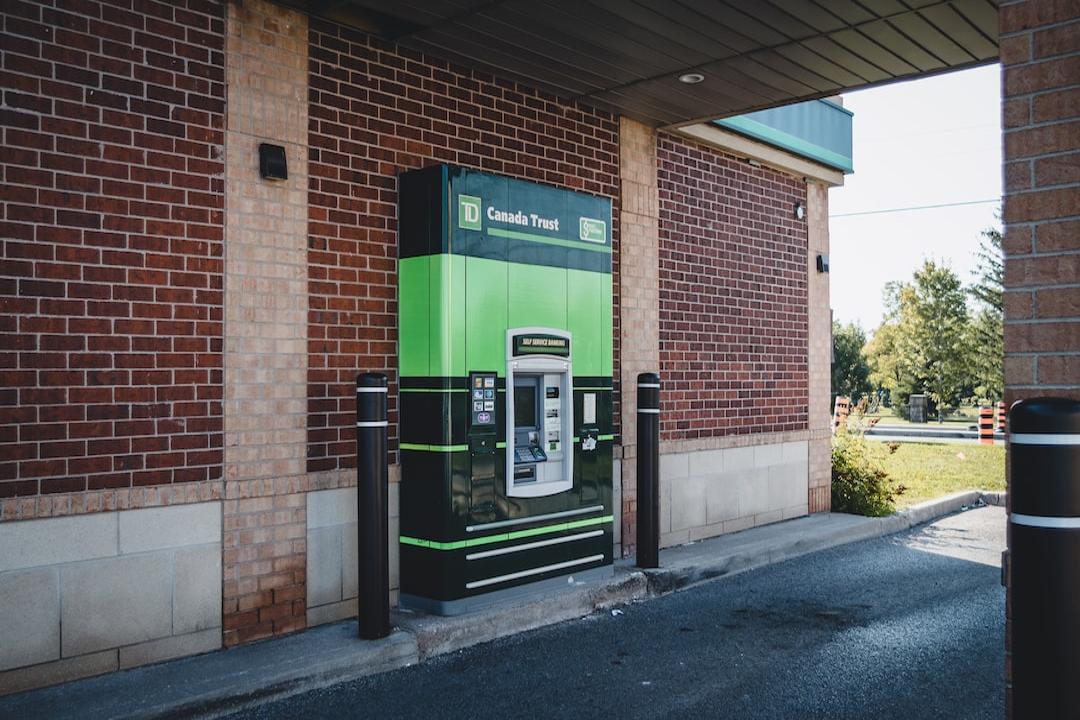Grayscale is allegedly maintaining high fees for its Bitcoin exchange-traded fund (ETF) in order to prevent holders from cashing out while speculating on the continued rise of Bitcoin’s price, according to a market analyst. The Grayscale Bitcoin Trust (GBTC) has experienced daily outflows since its launch in January, amounting to over $14 billion as of March 25. The high fees of GBTC have been identified as the primary issue, with many investors transferring their funds to lower-fee ETFs. Grayscale charges a 1.5% per year management fee, significantly higher than the average 0.30% fee of other spot Bitcoin ETFs. The analyst suggests that Grayscale may be betting on the fact that GBTC holders are reluctant to leave due to the high cost associated with doing so. Additionally, the firm may be optimistic about Bitcoin’s future price, expecting it to exceed $100,000 in the next year or two. However, if the price of Bitcoin were to decline, this strategy could prove disastrous for Grayscale. The analyst speculates that there may never be an inflow of funds into GBTC again. The creation of US spot Bitcoin ETFs was the result of Grayscale winning a lawsuit against the Securities and Exchange Commission, which forced a review of its bid to convert GBTC to an ETF. Despite this victory, Grayscale’s management of GBTC has raised questions, with some suggesting that the firm knew its ETF would gradually lose investors but anticipated that the hype surrounding ETFs would boost the price of Bitcoin enough to offset these losses. Grayscale’s decision to maintain high fees may also be attributed to its reluctance to give up a significant portion of its revenue stream. The firm may have underestimated the competitiveness of the US ETF market and the fierce fee competition among issuers. Another possible reason for Grayscale’s fee strategy is that it was trying to assist its subsidiary, Genesis, which was involved in a legal battle over GBTC shares used as collateral for loans. Overall, Grayscale’s approach to its Bitcoin ETF has sparked debate and speculation among market analysts.

